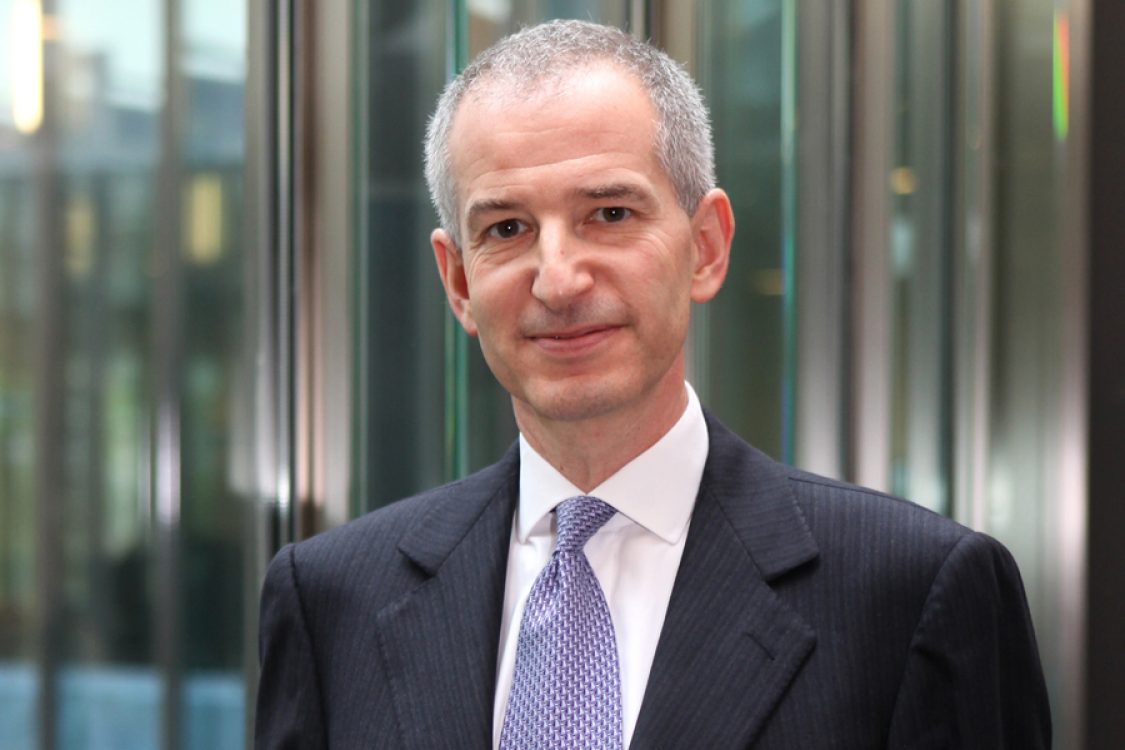You‘re a globetrotter – so is your financial data
With the introduction of the automatic exchange of information (AEOI) by the OECD, 60 countries will send millions of sensitive data sets around the globe, later around 100.
Philip Marcovici knows how you can keep your privacy in times of financial transparency.
Q: Mr. Marcovici, we already live in a cross-linked world. Is the automatic exchange of information (AEOI) just a sign of this or will this initiative be a significant push towards a higher transparency of our financial data?
There is no question in my mind that we are somewhere just after the beginning of the road to a transparent world – it is not at all the case that we have already arrived at the destination, meaning that there is much more to come in terms of increasing transparency in relation to the assets and income of wealth owning families. I have always been preaching the need for full compliance with tax laws, pointing out to wealth owners the advantages to them and to their families of “playing by the rules”. I have always also sought to help banks and trust companies understand the needs of their clients, but have not always been successful – even today there are some advisors who do not recognize the realities of today’s world.
The road to transparency will increasingly be a rough one on many fronts, and wealth owners need to be prepared and guided to avoid the many bumps ahead, some very significant. I am very worried about the loss of privacy automatic information exchange and other transparency initiatives will result in. It is a real concern that governments will be getting much more information than they really need to ensure tax compliance. And even more of a concern that many of the governments that will be receiving information are simply not ready for such information given that their tax and legal systems do not adequately protect taxpayers from misuse of their tax information.
Q: Critics of the AEIO say that the authorities will hardly be capable to handle the huge amount of information. What would you advise to a wealth owner: Does this mean he can sit back and relax?
It is true that the volume of information that governments will be receiving under automatic information exchange (and through other means, such as suspicious activity reports under anti-money laundering legislation that includes tax as a predicate offence) will be huge. Few countries will be able to cope with the information they receive, but it would be a big mistake for a wealth owner to assume that this is a reason to relax. Governments will learn how to handle the information they receive, and as technology and cooperation between governments improve, dealing with vast amounts of data will get easier and easier. Governments, even in the short term, will be looking for examples they can make of tax evaders they catch.and any wealth owner should be ensuring that they are tax compliant so that they really can sit back and relax – subject to understanding who will have what information on them.
Q: Why is it wise to prepare talk with your wealth manager about for the AEOI?
One of the most important things a wealth owner needs to do to maintain the human right to privacy while ensuring full tax compliance is to review who will be getting what information on them, their family, and on the income and assets they have an interest in. If a wealth owner has a variety of bank accounts, some in structures, some not, and these are in various jurisdictions, the wealth owner needs to engage with his or her wealth manager and ensure that all intermediaries have the right beneficial ownership and residence (and citizenship) information and clarify what information will be going to which countries. There are many banks and other intermediaries confused about the rules, and where trusts and foundations are involved, information on “controlling persons” may result in the wrong countries getting the wrong information, and giving rise to significant disputes.
Best is to review the position upfront, now, ensuring that there is common agreement as to what information will be going where. I have seen some banks and trust companies more worried about their own position than that of their clients, something that can lead to more information being provided than the law actually requires. How structures, such as trusts and foundations function, where they are located and more can significantly affect the information flow. Every wealth owner should be conducting a tax compliance and privacy audit – a health check on whether they and their family are tax compliant and whether the right countries will be getting the right information under automatic information exchange.
Q: Given that automatic exchange of information may give rise to information regarding a wide range of structures and holdings coming to light, is a voluntary disclosure the right way to clarify the situation?
It is absolutely in the best interests of families to take advantage, as soon as possible, of voluntary disclosure and other approaches to regularization of their tax affairs if this is needed given their tax position. Many countries offer attractive voluntary disclosure possibilities, and others are developing new voluntary disclosure approaches in view of automatic exchange of information. It is always the right thing for wealth owners to proactively deal with any issues in and around undeclared assets and income rather than waiting for tax authorities to pursue these issues on receiving information they may receive.

Philip Marcovici
Member of the Board of Directors of Kaiser Partner Holding and its subsidiary companies
After retiring from legal practice, including close to 30 years with international law firm Baker & McKenzie, Philip Marcovici continues to advise families, companies and governments on tax compliance and international tax policy.